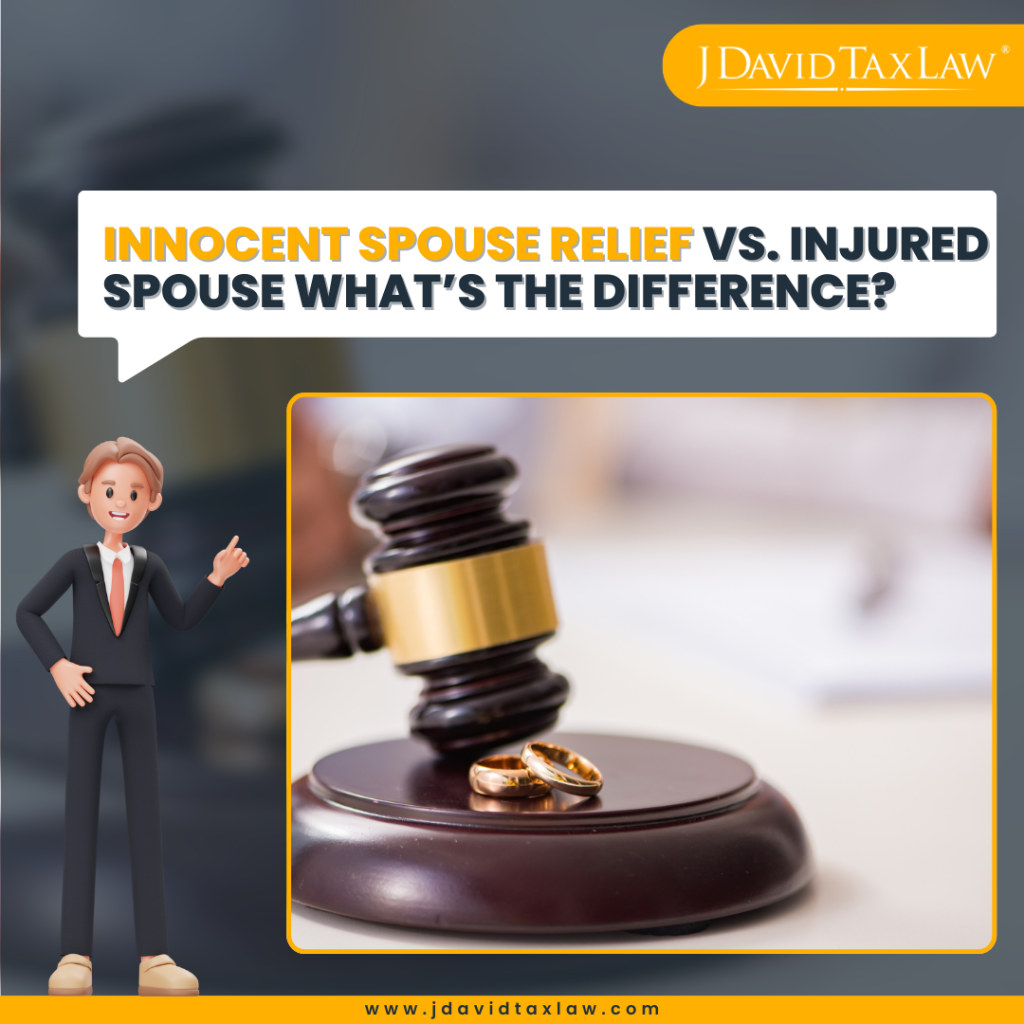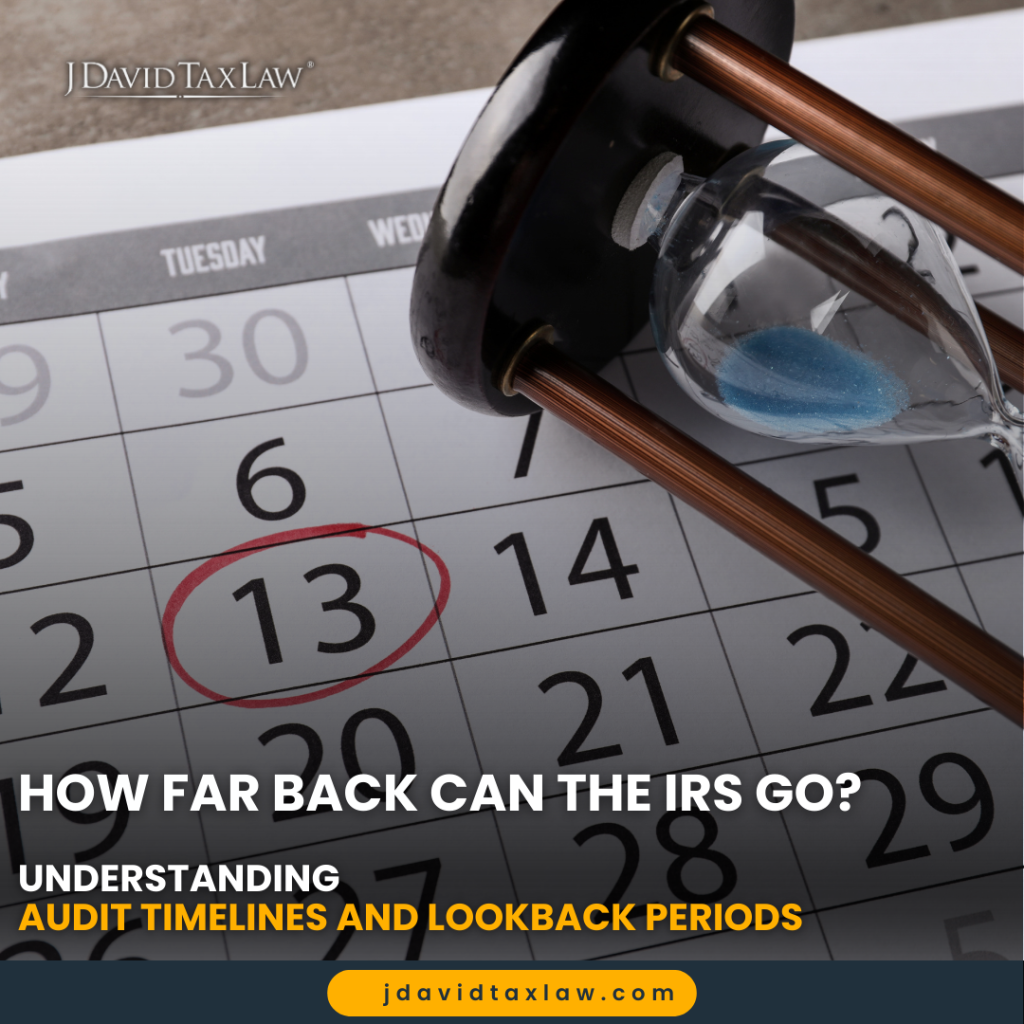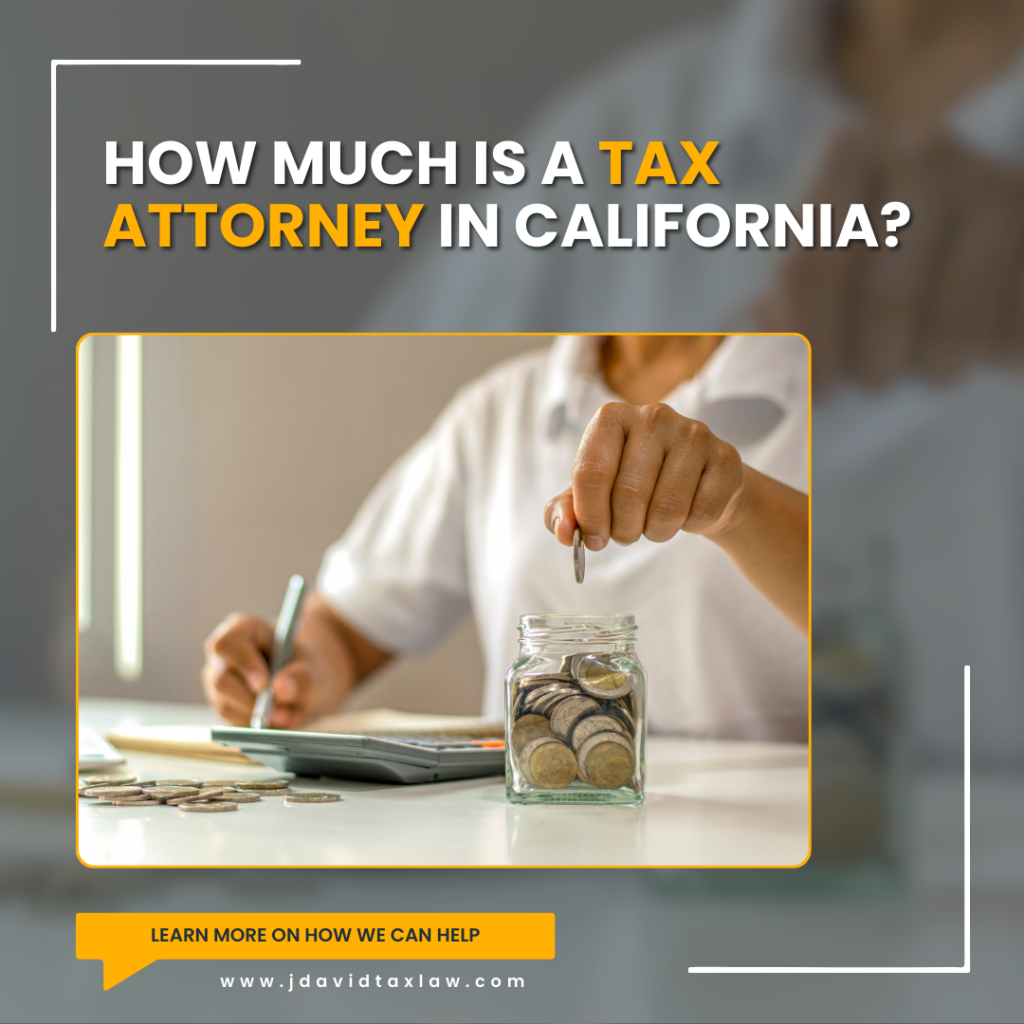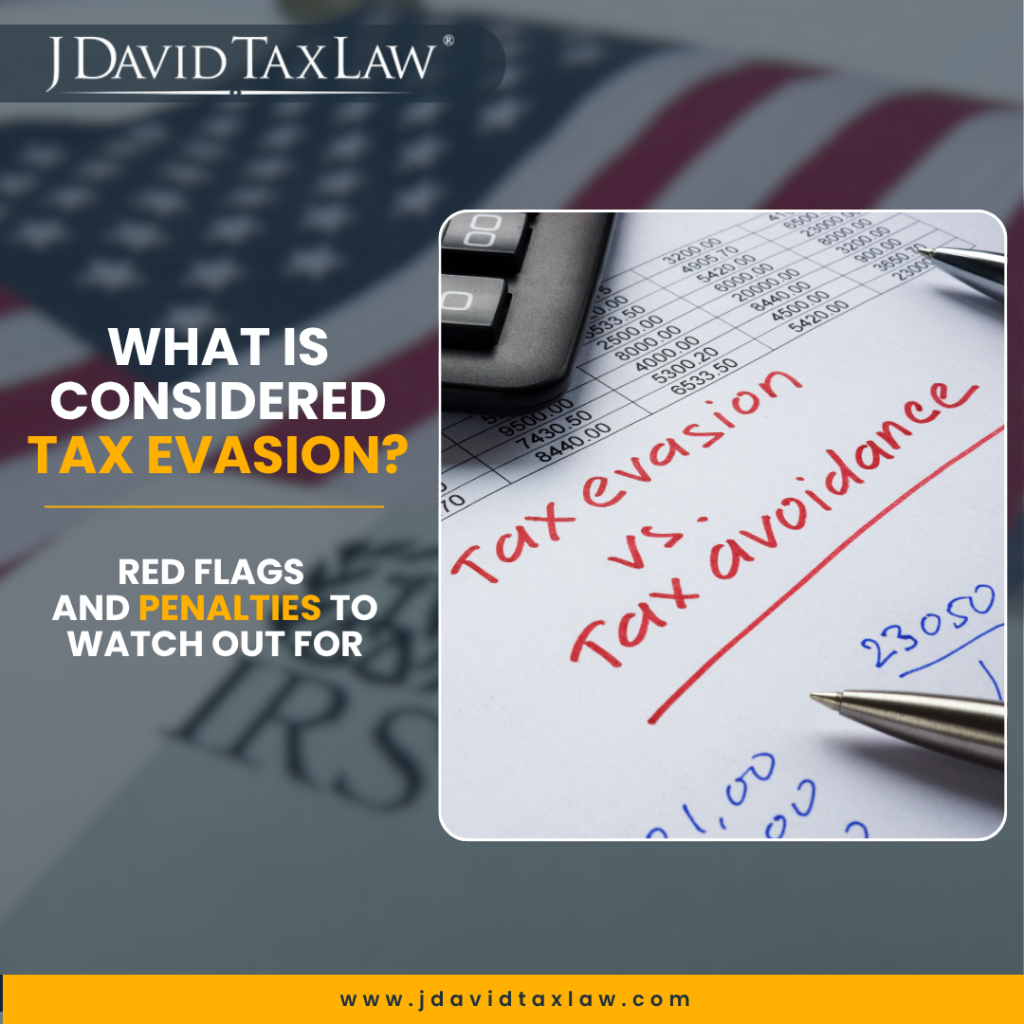- Home
- About Us
- Our Process
- Services

Tax Debt Solutions

Specialized Tax Services

IRS Enforcement Actions

Tax Filing & Compliance

IRS Disputes & Audits
- Locations
- Contact Us
Call for Free Consultation

Tax Debt Solutions

Specialized Tax Services

IRS Enforcement Actions

Tax Filing & Compliance

IRS Disputes & Audits
Call for Free Consultation
Appeal IRS decisions without going to Tax Court with our tax appeal lawyers
Find Out If You Qualify to Appeal an IRS Decision in 4 Easy Steps
Check Your Eligibility for an IRS Appeal Today!
A tax appeal challenges state or local tax decisions, while an IRS appeal addresses federal tax disputes over audits, penalties, or interest through the IRS Office of Appeals.
An IRS appeal gives taxpayers a second chance to resolve tax disputes without going straight to court. Whether you are challenging an audit outcome, fighting excessive penalties, or stopping aggressive collection actions, J David Tax Law provides experienced legal representation through every stage of the IRS appeals process. We handle complex federal tax laws, build persuasive cases, and work directly with the Internal Revenue service appeals office to protect your rights and achieve the best possible outcome.

If you disagree with the outcome of an audit, our IRS audit lawyers can file an audit appeal to dispute incorrect results, challenge flawed assessments, and ensure your case is properly reviewed.
Our tax appeal lawyer helps reduce or remove IRS penalties through reasonable cause arguments, first-time abatement, or correcting IRS errors.
We appeal wage garnishments, bank levies, and tax liens—often using IRS Form 9423 for Collection Appeals Requests—to stop or modify IRS actions.
If your offer in compromise or payment plan was denied, our tax appeal attorneys present stronger evidence to reverse the decision.
When appeals do not resolve your case, we represent you in the U.S. Tax Court, from filing an appeal petition to requesting a written hearing, to fight for a fair outcome.
You may be eligible to file an IRS appeal if you have received a Notice of Deficiency or other official IRS letter explaining your right to appeal, disagree with the IRS’s decision, and have not signed IRS Form 870. In these situations, you can request an Appeals conference or written hearing by submitting a formal appeal petition.
You may also qualify to appeal if the IRS has taken inappropriate collection actions—such as a Federal Tax Lien, Tax Levy, or denial of an Offer in Compromise—or if you have received a Tax Topic 151 notice indicating a refund offset. In all cases, working with an experienced tax attorney for IRS disputes can improve your chances of success by ensuring your case is presented with clarity, evidence, and a strong legal foundation.


Appeal Tax Assessment
Our tax appeal lawyer carefully assesses your situation to determine if an IRS appeal is the right course of action.

Application Process
Our certified tax attorneys will assist with a small case request using IRS Form 12203 or a formal form of notice of appeal for larger disputes.

Negotiation
We present compelling arguments, negotiate reductions in penalties, and aim to resolve disputes without the need for litigation.

Support & Compliance
Our tax audit lawyers provide continuous legal support to ensure you remain in full compliance throughout the process.

Our tax appeal lawyer carefully assesses your situation to determine if an IRS appeal is the right course of action.



Our expert tax attorneys will assist with a small case request using IRS Form 12203 or a formal form of notice of appeal for larger disputes.

We present compelling arguments, negotiate reductions in penalties, and aim to resolve disputes without the need for litigation.



Our tax audit lawyers provide continuous legal support to ensure you remain in full compliance throughout the process.

Each year, the IRS issues millions of penalties and takes enforcement actions that impact individuals and businesses. In 2023 alone, the IRS processed over 271 million tax returns and collected approximately $4.7 trillion to fund federal operations. Unfortunately, many taxpayers face unexpected challenges such as tax audits, IRS penalties, and tax liens, creating financial and emotional strain. Without expert IRS audit lawyers, handling the IRS appeals process can be challenging and costly.
At J. David Tax Law, our award-winning, five-star-rated firm provides attorney-only representation nationwide. We combine four decades of collective experience with in-depth knowledge of IRS procedures to:
Choosing the Best IRS Appeal Option for You
When it comes to IRS appeals, selecting the right option can be critical to your success. Our tax attorneys are committed to helping you understand which appeal route fits your situation best. With every step tailored to your needs, we provide the guidance necessary to navigate complex IRS procedures efficiently.
If you’ve received a Notice of Intent to Levy or had a federal tax lien filed against you, our IRS appeals attorneys can protect your rights through a Collection Due Process hearing.
We file IRS Form 12153 on your behalf, giving you the chance to stop IRS wage garnishment, remove a tax lien, or negotiate an affordable IRS payment plan. With experienced IRS collections lawyers handling your case, you can challenge the IRS’s actions effectively and work toward a favorable resolution.
When the IRS holds you personally liable for unpaid payroll taxes, the consequences can be severe. Our trust fund tax lawyers and payroll tax penalty attorneys file TFRP appeals to reduce or remove these penalties, protecting your business and personal assets.
We represent business owners, CFOs, and payroll managers in disputes with the IRS to stop levies, garnishments, and other aggressive collection actions.
If your IRS dispute involves less than $25,000, our IRS tax dispute lawyers can file a Small Case Request on your behalf. This streamlined alternative to a full appeal helps you quickly dispute IRS audit results, appeal penalties, or challenge a tax bill.
We ensure all supporting documentation is accurate and persuasive, giving you the best chance for a favorable decision.
A denied Offer in Compromise doesn’t have to end your chances at tax relief. Our OIC appeal attorneys review the IRS’s reasoning, strengthen your financial case, and file IRS Form 13711 to request reconsideration.
We negotiate directly with the IRS to settle your tax debt for less than the amount owed, providing experienced representation throughout the appeal process.
If you are unfairly being held responsible for a spouse’s or ex-spouse’s tax debt, our innocent spouse relief lawyers can help. We gather the evidence needed to file IRS Form 8857, proving your eligibility for relief.
Our attorneys handle the appeal from start to finish, ensuring the IRS considers your claim fairly and protecting you from unwanted collection actions.
If the IRS has issued a levy, filed a tax lien, seized property, or denied your request for a lien release or levy withdrawal, our IRS appeals attorneys can help you file a Collection Appeals Program (CAP) appeal.
This process is often faster than a CDP hearing and can be used to challenge IRS collection actions before or after they take place. We prepare all required forms, present supporting evidence, and represent you before the IRS to protect your assets and negotiate a resolution.
To file an IRS appeal, you’ll need to submit a formal protest or request for appeal, often using IRS Form 12203 or a detailed appeal letter. Your filing must include the specific issues you disagree with, supporting evidence, and be submitted within the IRS’s stated deadline. Working with an IRS appeals attorney can ensure the process is completed accurately and on time.
The IRS appeal process can take anywhere from a few months to over a year, depending on the complexity of your case and the backlog at the IRS Office of Appeals. Collection-related appeals, such as Collection Due Process hearings, may move faster than audit disputes.
Yes, it’s possible to reduce or remove certain penalties through penalty abatement if you can show reasonable cause, first-time abatement eligibility, or IRS error. While interest is rarely removed, it may be reduced if the related penalty is successfully appealed. An experienced tax attorney can present the strongest case for penalty relief.
An IRS appeal letter should clearly state that you are requesting an appeal, identify the specific IRS decision you disagree with, and explain in detail why you believe it is incorrect. Include supporting facts, legal arguments, and any relevant documentation. Be sure to sign and date the letter, and send it to the address listed on your IRS notice within the required timeframe. Many taxpayers hire an IRS appeals attorney to draft the letter, ensuring it meets IRS guidelines and strengthens their case.
IRS audit lawyers provide legal support throughout the audit process by representing taxpayers, ensuring compliance with IRS regulations, and negotiating with the IRS on their behalf. You can contact J. David Tax Law IRS audit lawyers to identify discrepancies and guide you through appeals or dispute processes if the audit outcome is unfavorable.
IRS Form 9423, also known as the Collection Appeals Request, is used when you disagree with IRS collection actions, such as levies, liens, or property seizures. Filing this form allows you to request a hearing to appeal these actions before they take effect.
Additional Resources

Innocent Spouse vs Injured Spouse: Know the Difference & Protect Yourself

How Far Back Can the IRS Go? Understanding Audit Timelines and Lookback Periods

How Much Does a Tax Attorney Cost in California | Rates, Services, and Factors

Can You Go to Jail for Not Paying Taxes? Know the Risks

Can the IRS Make You Homeless? Learn the Truth

What is considered tax evasion? Red Flags and Penalties You Should Know
Get IRS Tax Assistance Within 24 Hours
Call for Free Consultation